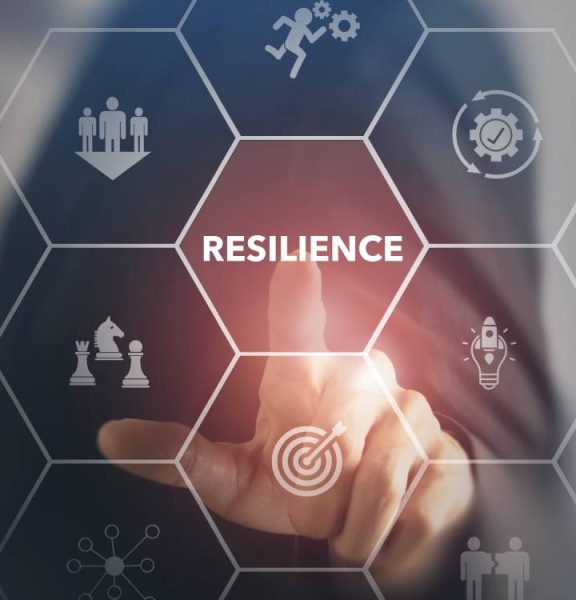
In the ever-expanding universe of AI, one concept has been steadily gaining ground: Human-out-of-the-loop AI. This term encapsulates a profound shift in how we interact with technology, prompting us to reconsider the boundaries between human and machine intelligence. But what does it entail? And what implications does it hold for




